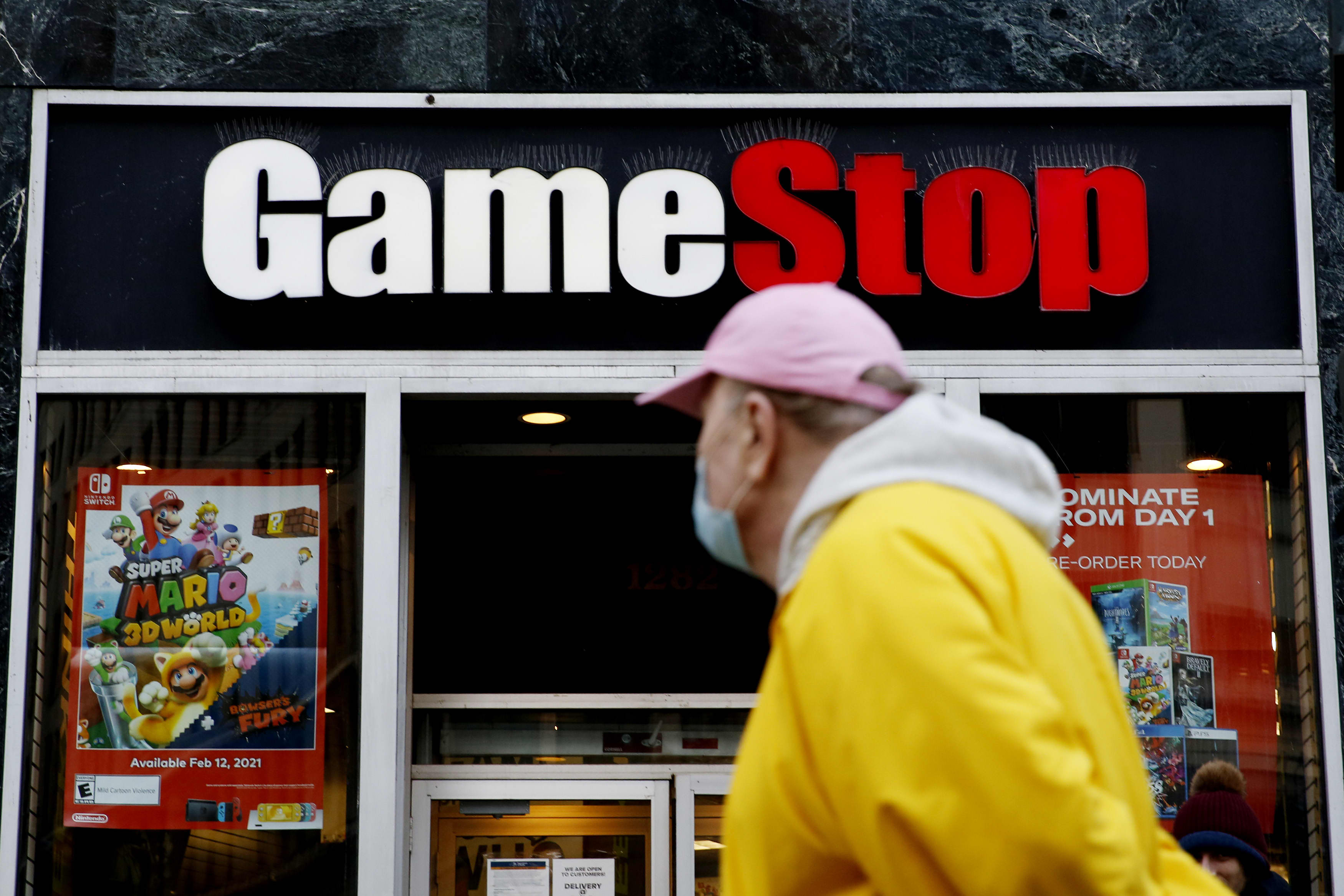This post was originally published on this site

The hedge fund at the center of the GameStop saga gained more than 20% in February, clawing back some of its losses from a brutal January, sources told CNBC’s Leslie Picker.
Melvin Capital, which previously had a large bet against the video game retailer, saw a return of 21.7% in February, according to the sources. The fund declined by 53% in January during the dramatic short squeeze that sent GameStop and other stocks soaring.
The firm said in late January that it closed out its GameStop shorts as the stock climbed. Melvin’s founder, Gabe Plotkin, was one of the people brought in to testify before Congress about the volatile market moves, along with Citadel’s Ken Griffin and retail trader Keith Gill.
Melvin received new investments in its fund during the turmoil, with Citadel and Steve Cohen’s Point72 injecting $3 billion.
Plotkin’s hedge fund, like many others, will go short against a company. Short selling is a strategy in which investors borrow shares of a stock at a certain price on hopes that the market value will fall below that level when it’s time to pay for the borrowed shares.
The high level of short positions in some stocks, including GameStop, was noticed by traders on social media sites like Reddit’s WallStreetBets forum.
A surge of buying in GameStop and other names triggered short squeezes, which is the phenomenon that occurs where short sellers buy shares to cover their positions, forcing prices even higher. GameStop’s share price went from under $20 to nearly $500 at one point before falling sharply.
Plotkin told the House Financial Services Committee last month that short sellers may have to change their strategies after retail traders appeared to spark a dramatic surge for some of their main targets.
“I think us at Melvin, we’ll adapt and I think the whole industry will have to adapt,” Plotkin said.
Melvin Capital declined to comment to CNBC.
— CNBC’s Kevin Stankiewicz contributed to this story.

